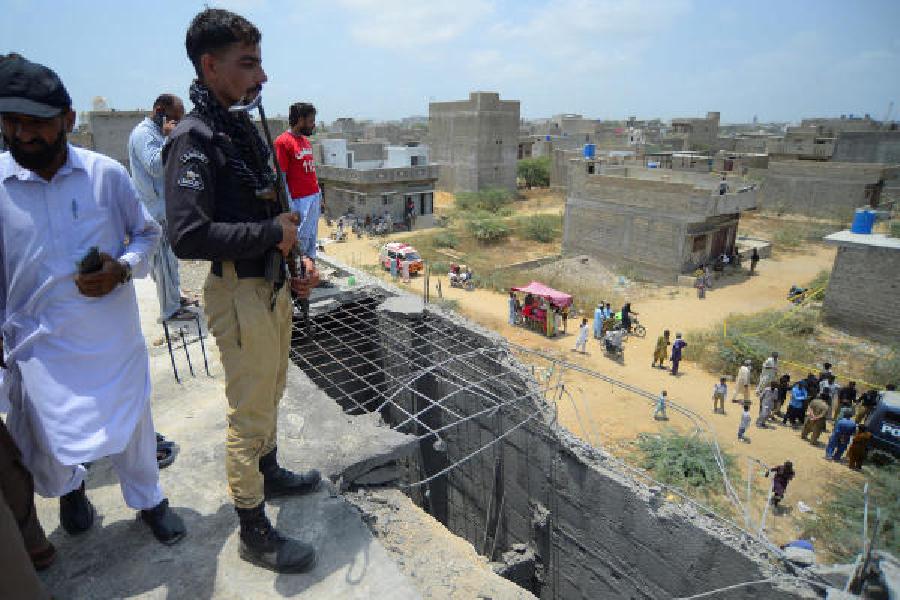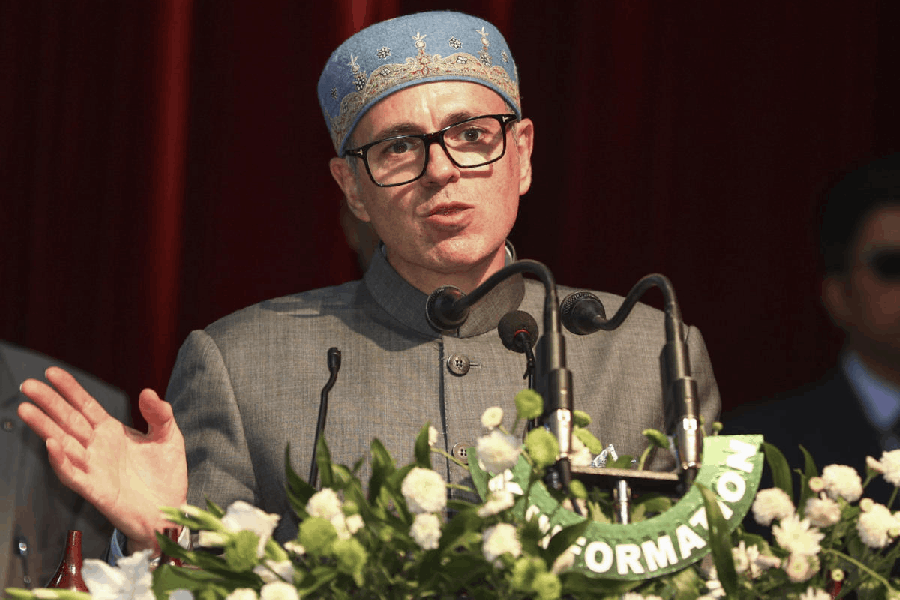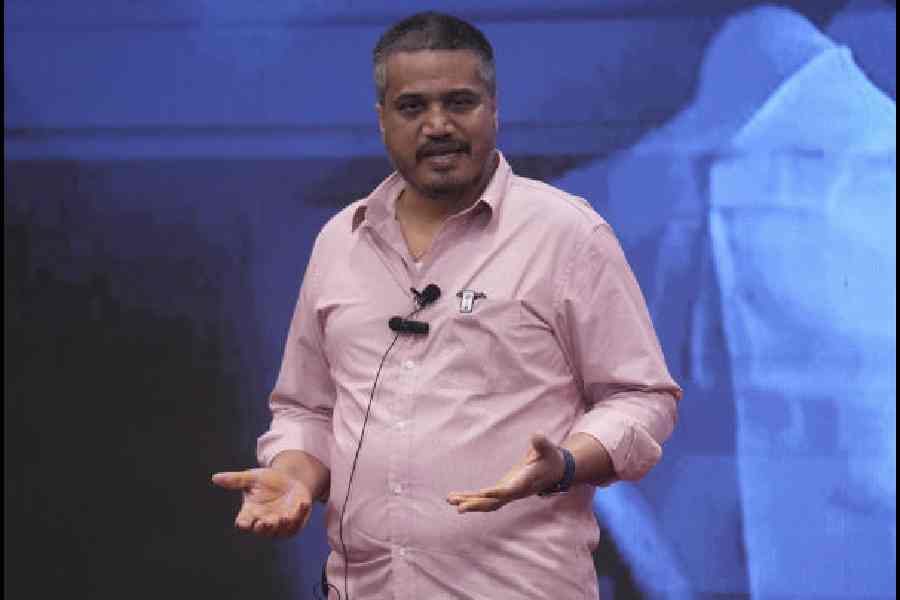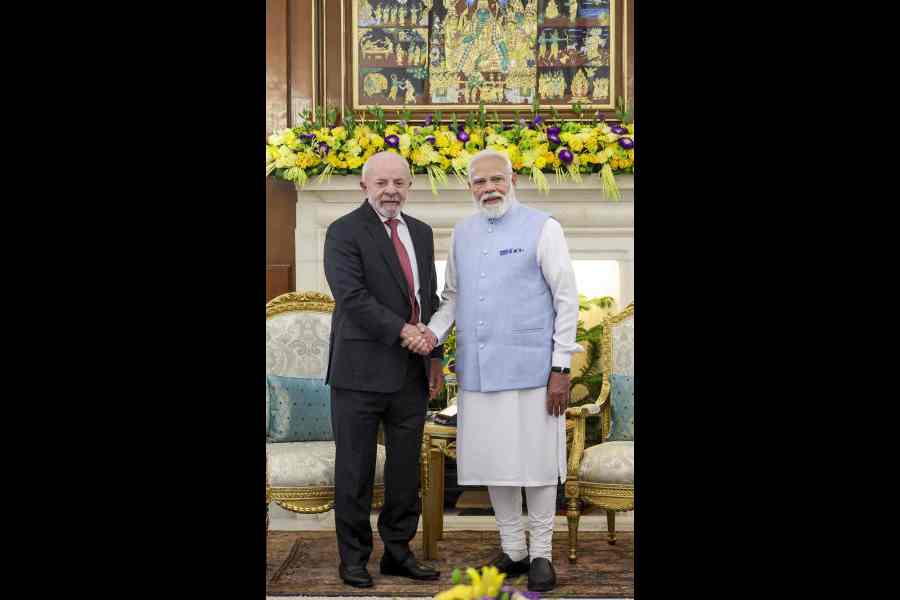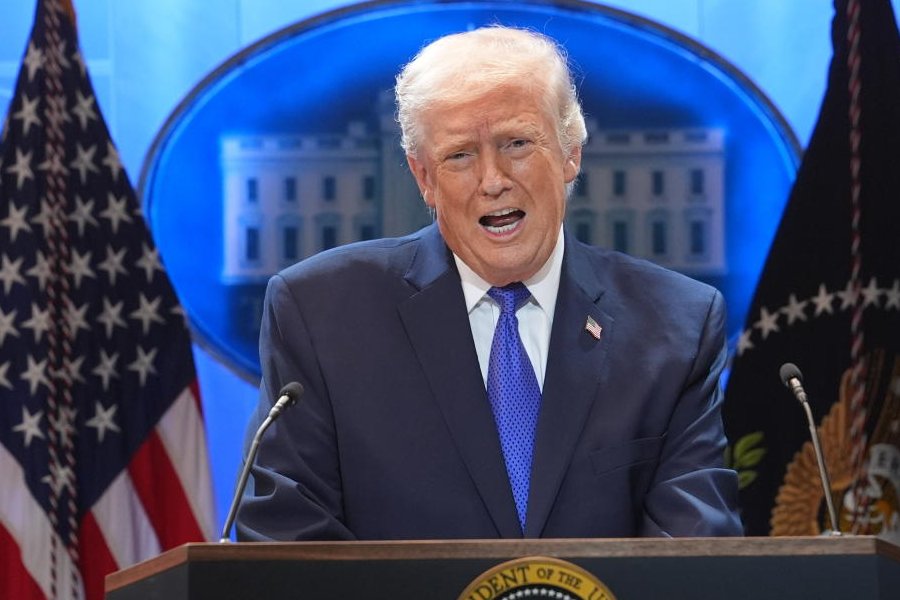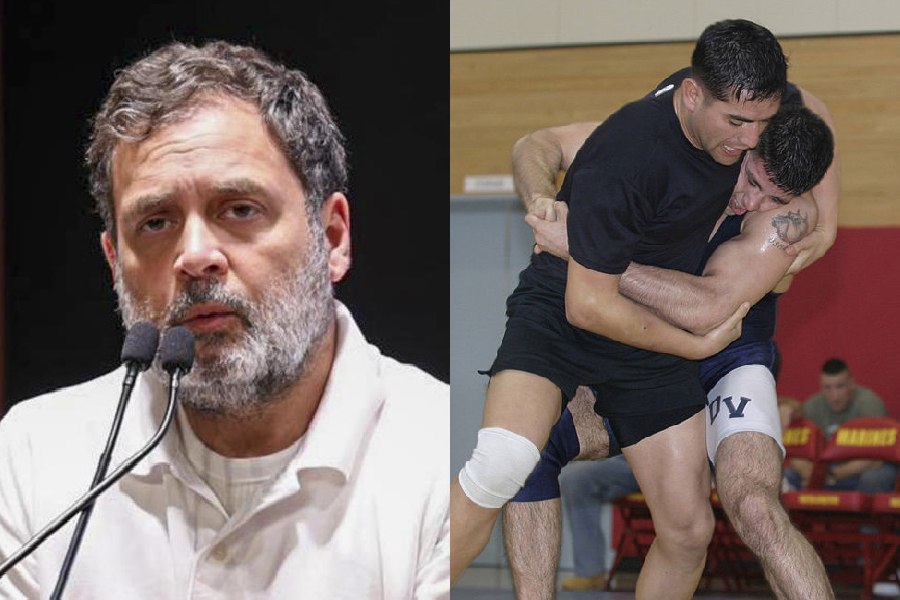Poonch district of Jammu has borne the brunt of Pakistan’s relentless shelling, but locals are not bleeding from the cannons of the enemy only — government and media “apathy” is said to be hurting them most.
Residents of Poonch, where 13 civilians have died, claimed that the Centre and the Union Territory administration have turned a cold shoulder to their pain. They are equally wary of alleged efforts by the Right-wing ecosystem to communalise their tragedy.
A grieving family of Qari Iqbal Mohammad, a teacher at a local madrasa who was one of the 13 victims, epitomises their ordeal.
The family, including Iqbal’s two young daughters, has been mourning his death since Wednesday but had to keep aside their grief the next day to rebuff allegations that he was a “terror mastermind” killed in Pakistan-occupied Kashmir in Wednesday’s strikes by India.
Several Delhi-based TV channels flashed the news, showing his picture prominently.
“We were already grieving, but they have added to our pain. We condemn such representation,” Iqbal’s brother Qari Mohammad Farooq, accompanied by the cleric’s two daughters and other locals, said in a video.
Among many who expressed outrage was local BJP leader and former minister Choudhary Zulfikar, who asked the “national media to behave responsibly”.
Poonch police had to step in to refute “such false narratives”.
“The deceased, Moulana Mohd Iqbal, was a respected religious figure in the local community and had no affiliation with any terror group. Misreporting of such incidents not only causes unnecessary panic but also disrespects the deceased and the sentiments of the bereaved family.”
Local journalist Zamarrud Mughal, who flagged the issue, said Iqbal’s fault was probably that he had a beard and wore a cap.
“Pakistani shelling has snuffed out lives and destroyed homes here but such portrayal was no less painful,” Zamarrud, who has a doctorate from Jamia Millia Islamia, told The Telegraph.
“Based on just a beard or cap, the media sitting in Delhi decides whether you are from India or Pakistan.”
Zamarrud said the incident was not their only concern. He said most residents had migrated to safer places and were largely left to their own means, with the administration offering little help.
“Eleven victims were from the town alone. There were many injured. Our hospital was flooded by patients, but there were no senior doctors. There were no government vehicles to shift people to safer areas. People with no transport facility could be seen walking on foot. Transporters charged exorbitant prices,” he said, adding: “Some ministers and officers visited the district on Thursday after an outcry.”
Locals said the national media’s coverage of their tragedy pales in comparison with the coverage of the Pahalgam terror attack. To the contrary, they said, there were efforts to communalise the situation.
BJP leader Zulfkar said the media coverage of the Poonch killings had been “very poor”, suggesting there was a need to empathise with people.
Several pro-BJP handles tried to give it a communal colour and suggested Sikhs were singled out for the attacks by Pakistan, with an obvious aim to train guns on pro-Khalistan elements.
Shiromani Gurdwara Parbandhak Committee president Narendra Singh, however, said it was an attack on the entire town and people were targeted irrespective of their faith.
“Such reports are not true. Eight of the 13 victims were Muslims, four were Sikhs and one, a small boy, was a Hindu. I found people alleging that our main gurdwara was attacked. There was no direct attack on the main building. A portion of an extension was hit,which caused some damageto its windows, but its walls are intact.
“If they intended to target gurdwaras, there were two more with bigger domes that were easy to target. They were not harmed. The four Sikh victims died in their home and not in the gurdwara. At the same time, a madrasa teacher was also killed. The shelling was random and anybody could have been hit,” he said.
Pakistani shells have wrecked families and residences, emptying most of Poonch town and many villages where people have fled to safer areas. Shelling continued for hours in the morning, but there was some respite in the afternoon.
The shelling has shattered the calm of Poonch town, home to some 40,000 people, which has rarely been attacked in the past despite its proximity to the LoC.
In 1947, it offered refuge to people, mostly Sikhs and Hindus, fleeing PoK in the wake of tribal raids and many more joined them over the decades from villages nearby to escape artillery duels between the two countries.
“The town was for decades a haven for people. Sadly, the town has lost its peace. We have not seen such shelling in decades,” Poonch resident Zaffar Mehdi, a postgraduate student in Jamia Millia Islamia, said.
Officials said the ceasefire violations were reported on Wednesday night and Thursday in the border areas of Kupwara, Baramulla, Poonch and Jammu’s Akhnoor.

